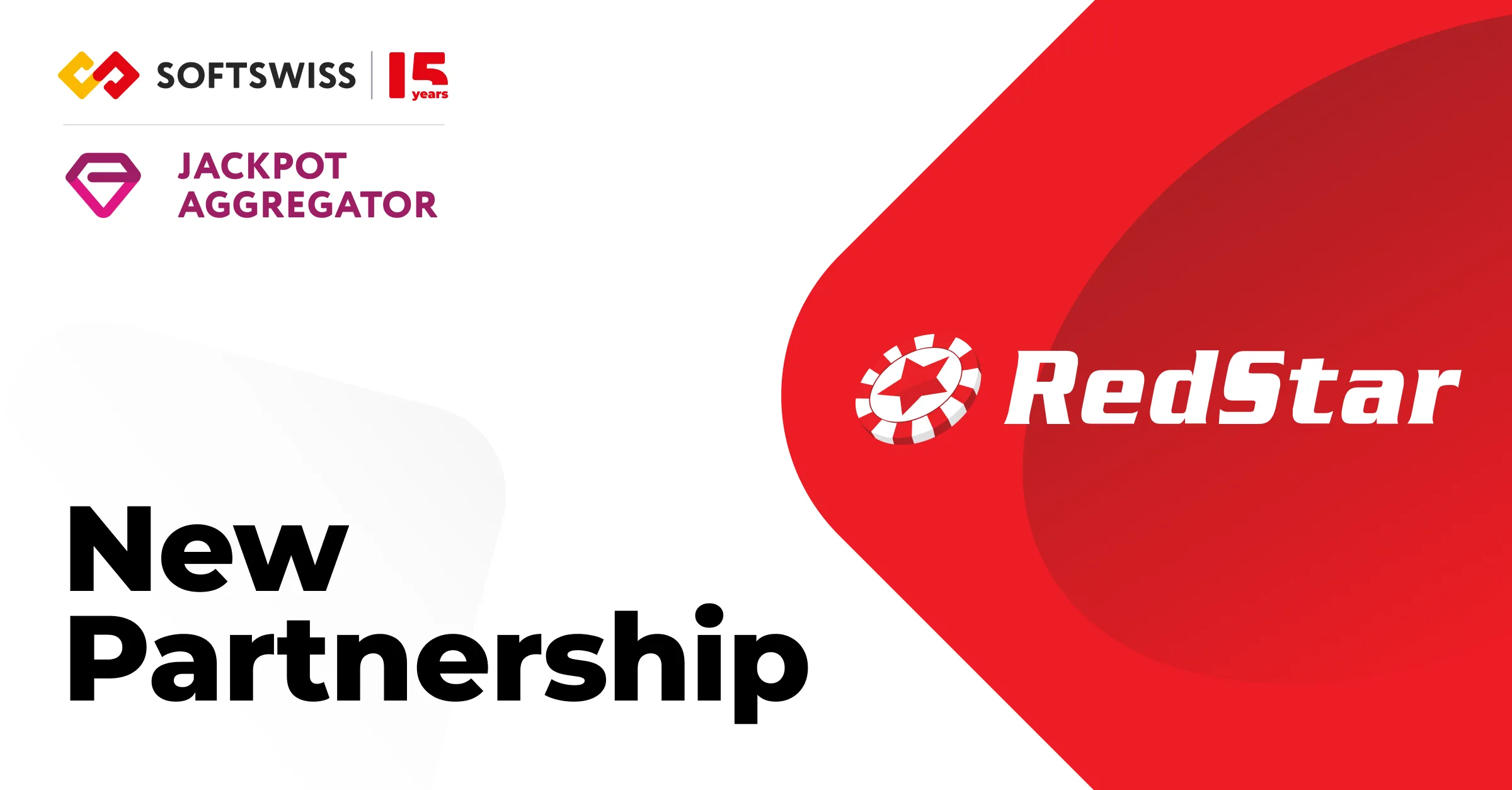Yoni Sidi, CEO at Wiztech, says a modern, agile and powerful tech stack needs to be the foundation for any online sportsbook or casino
What’s the most important factor in scaling an online casino or sportsbook? Technology. Why? Because without the right tech stack and platform as a foundation, operators will quickly encounter issues as they launch into new markets.
Even for single-market operators, the highly volatile nature of the industry makes future-proofing incredibly difficult – I’m talking about fluctuating market demands, changing player preferences, shifting regulatory requirements, unexpected tech advancements and more.
Navigating this in multiple markets simultaneously is like fighting fires on many fronts, and without the right tech stack, you can quickly become engulfed in the flames.
Operators need to remember that scaling their business is about more than simply handling an increase in players and managing a bigger server load. It covers a huge range of requirements such as content and payment localisation, feature development, responsible gambling, legal and compliance.
On top of that, any lag, downtime or glitch in the gaming environment will spoil the player experience, damage the trust between consumer and brand and, ultimately, prevent the operator from achieving sustainable success in the market.
So, what are the main barriers to scalability and how does technology come into this?
The majority of operators are still relying on older, monolithic systems that were built years ago when things were much simpler.
But these systems can’t facilitate seamless integrations with new technologies, solutions and content. Nor can they handle cutting-edge payment gateways or deliver live content across mobile devices while at the same time being compliant with KYC, AML and safe gaming requirements.
In short, they can’t keep up with the demands of modern online gambling.
Worse, as companies grow, they accumulate tech debt and to help repay this, most operators undertake quick fixes or patches. But this is a short-term fix and often adds even more complexity to the ageing tech stack in the long run.
Managing and resolving tech debt while also trying to scale puts a massive strain on financial and human resources, and can push the platform to its limit, often resulting in some form of breakage.
The patchwork nature of regulations adds to this issue. Each market often has its own tech regs and requirements and with legacy platforms, this usually means having to reconfigure the entire system to ensure compliance with each.
This is a massive and disruptive undertaking but worse, if the technology is not flexible enough, it can be almost impossible to meet the requirements set which in turn prevents operators from growing their business through market expansion.
Finally, personalisation is an absolute must if online casinos and sportsbooks are to deliver the experiences players are expecting – and get with other entertainment options. Data is the engine that drives this, but with outdated tech, data becomes a nightmare.
Operators handle vast amounts of data – customer, payment, game, marketing, compliance, etc – each day and that data needs to be processed, stored and analysed so that its full value can be extracted and used to make business-critical decisions.
Poor data management can result in server slowdowns, gameplay interruptions and inaccurate reporting, all of which negatively impact the player experience and thus the business.
Modern tech stacks and platforms can overcome these challenges, but it takes a bit more than that. Cutting-edge solutions need to be combined with smart infrastructure, good planning and a great team. A bit of good luck helps, too.
I’m a big proponent of cloud technologies due to the flexibility and cost efficiency they offer and how this can be leveraged to scale seamlessly and at pace.
One of the greatest benefits is that bandwidth can be scaled up and down in line with demand with operators only paying for what they use. This means they can instantly ramp up processing power, storage and bandwidth when entering a new market.
In terms of the platform, modular is always best. This allows operators to select the features they want and need, with any new components easily and seamlessly integrated without having to undertake a full system overhaul.
For example, an operator can add specific payment providers for specific markets or games from a certain provider without disrupting the entire platform. APIs also facilitate communication between software systems, making it super easy to connect third-party services.
Automation should also form part of the set-up as it’s a game-changer in areas such as compliance – our solution, for example, provides automated compliance features that continuously update according to local regulatory changes.
Operators should then use AI to further optimise platform performance. This includes things like predictive analytics, fraud detection and even customer support, all of which improve the consumer experience which in turn drives growth.
Operators need to be doing all of these things in each market they target, whether that be just one jurisdiction or ten or more. But without the right tech stack and platform in place, they won’t be able to do these things in any market.
Operators must expand their international footprint to grow and to do that, they need a modern, flexible and powerful platform to do the heavy lifting.
Read more: How to Launch an Online Casino












